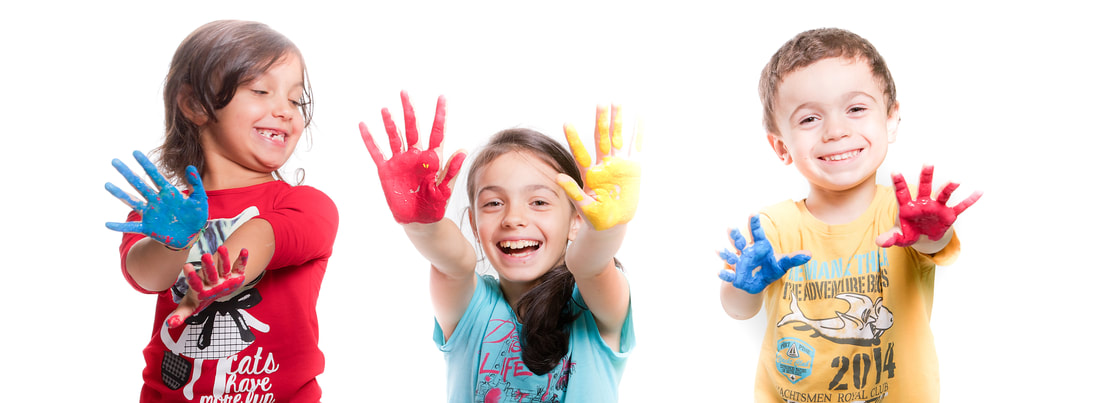What is Social-Emotional Development? |
Page 3 |
According to the Collaborative for Academic, Social, and Emotional Learning, social and emotional development consists of the following five core components:
Examples of questions someone who is self-aware may ask:
- What are my thoughts and feelings?
- What causes those thoughts and feelings?
- How can I express my thoughts and feelings respectfully?
Examples of questions someone who has good self-management may ask:
- What different responses can I have to an event?
- How can I respond to an event as constructively as possible?
Social awarenessThis is the ability to take the perspective of diverse backgrounds and cultures, in addition to empathy for others. Social awareness is critical to developing the ability to understand social norms for behavior; as well as to recognize family, school, community resources and supports.
|
Examples of questions someone who has good social awareness may ask:
- How can I better understand other people’s thoughts and feelings?
- How can I better understand why people feel and think the way they do?
Relationship skillsThis is the ability to establish and maintain healthy relationships with diverse individuals and groups. This includes:
|
Examples of questions someone who has good relationships skills may ask:
- How can I adjust my actions so that my interactions with different people turn out well?
- How can I communicate my expectations to other people?
- How can I communicate with other people to understand and manage their expectations of me?
Responsible decision-makingThe ability to make decisions and solve problems on the basis of accurately defining decisions to be made, generating alternative solutions, anticipating the consequences of each and evaluating and learning from one’s decision are skills that are considered important to effective decision making. Responsible decision making is the ability to make constructive choices that are respectful about personal behavior and social interactions.
|
- What consequences will my actions have on myself and others?
- How do my choices align with my values?
- How can I solve problems effectively?
Course Navigation Menu
|
|








